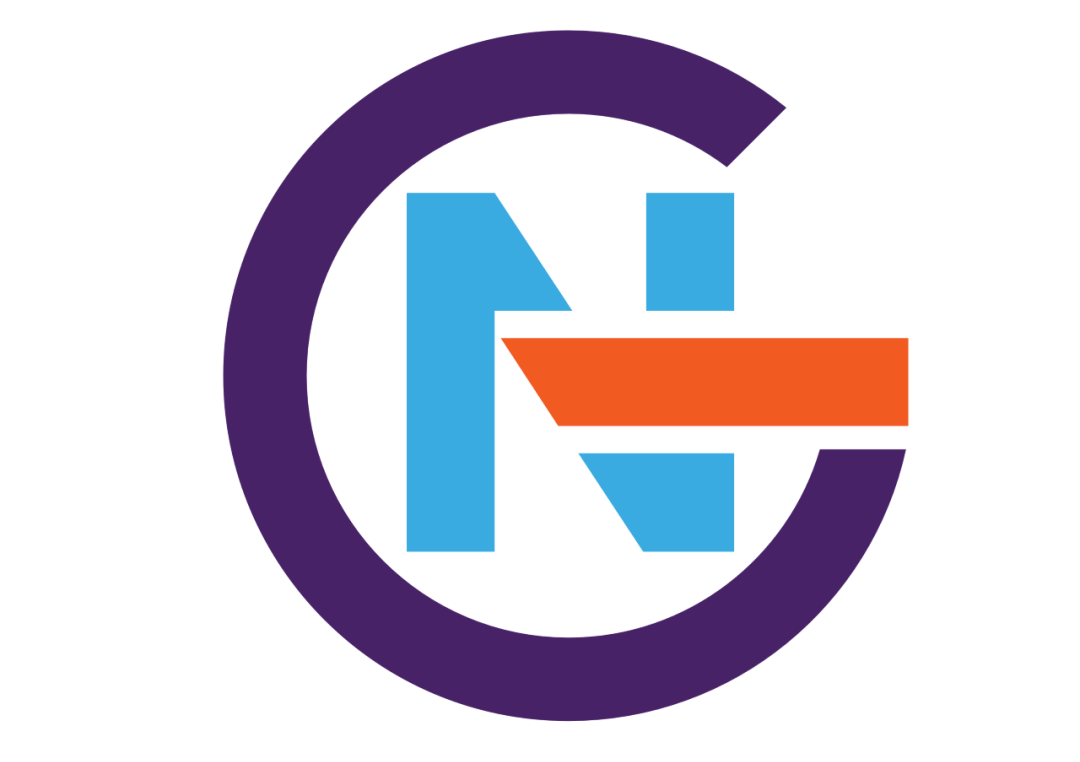Feminine gamification viewpoint: Bias 1 – to prove it again and again and again
Research on women in science, technology, engineering and mathematics (STEM) has in a number of separate studies found that if given the choice even a random one, both men and women would hire a male candidate over a female one based on the bias that they are more competent. More recent research from Wiliams, Phillips and Hall of the university of California, found even more nuances in the various elements of bias when they added ethnicity into the mix.
I will cover each of the various bias points separately in the coming weeks. The researchers interviewed 60 female STEM professionals in depth and surveyed an additional 557 scientists.
Bias 1: Prove it again
Two thirds of the women interviewed and two thirds of the women surveyed, reported having to prove themselves over and over again. Their previous success were often discounted and their expertise was questioned. One statistician reported that people seem to assume that you are just not going to be able to cut it. Black women (three fourths) are more likely to deal with type of bias than other ethnicities. The study was set in the workplace in the US and confirms findings of previous experimental research in labs.
Bias of having to provide more evidence of competence than others to prove themselves
Black ladies 77%
Latina ladies 65%
Asian ladies 64%
White ladies 63%
Personally I have experienced both having to prove myself more than male counterparts and I still often get questioned about what my expertise might be in the field of gamification. When writing proposals it is a question going to all the companies pitching for work, which I think is fair. What I do wonder about is how either gender presents themselves differently in these proposals and whether this makes any difference in addressing the bias?
Gamification in my view could potentially create a more even ranking systems, if experience points were awarded for projects and their outcomes. So that for each employee you could see objectively how their experience matched against specific competences you are after for a project. Earning levels and grades is done in education and the military and some forms of public service. None of the ranking systems to date are quite fool-proof and devoid of subjective bias, but with some creativity and transparency I believe we could create a good system to combat this type of bias with factual evidence as opposed to having to prove it again and again.
How do you believe gamification can help in turning the prove-it again bias around? Tell us in a comment.

